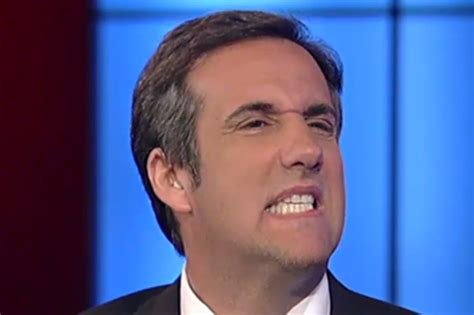Obama’s Budget: More Tax, Borrow and Spend
 The White House presented its 2012 budget Monday. A $3.8 trillion proposal which includes $1.43 trillion in new taxes on households whose incomes meet or exceed $250,000 (note: this is the new “progressive” definition of millionaires and billionaires), a fourth straight year of $1 trillion-plus deficit spending (which will require yet more borrowing), and new mandatory spending intended for the Education and Energy Departments.
The White House presented its 2012 budget Monday. A $3.8 trillion proposal which includes $1.43 trillion in new taxes on households whose incomes meet or exceed $250,000 (note: this is the new “progressive” definition of millionaires and billionaires), a fourth straight year of $1 trillion-plus deficit spending (which will require yet more borrowing), and new mandatory spending intended for the Education and Energy Departments.
As has been the case for the past three years, the White House pays lip service to calls for reduced spending. There are no efforts made to reform “entitlement” programs, which make up a sizeable majority of federal spending and will, if continuously ignored, bankrupt the country. The “spending cuts” found in this budget are largely figments of the imagination. Since America’s military is already out of Iraq, and the date for withdrawal from Afghanistan has already been announced, saying that “were the United States armed forces to remain deployed in Iraq and Afghanistan at full troop and equipment levels through 2018” would cost X amount of money, and therefore not spending that money now constitutes spending cut is at best disingenuous. It’s like announcing that a household’s spending has been reduced by $50,000 over the next five years because they didn’t take out a 60-month loan on a new car. Within a $3.8 trillion budget, claims that reducing the Environmental Protection Agency’s spending to $8.34 billion amounts to meaningful reduction is like saying someone changes the world’s sea level by pouring a glass of water into the Pacific Ocean.
That this budget is part of a campaign strategy is both painfully obvious and not especially noteworthy, especially to voters who are aware of the obvious media bias in America. Those who have actively sought out stories that somehow managed to “escape” coverage by the “mainstream” media have seen this one coming since last year’s announcement that occupy Oval Office is running for re-election. Submitting a budget certain to garner no legislative support intentionally creates an environment which allows the current White House occupant to rail against a “do nothing” Congress. Refusals by Congress to raise taxes on “millionaires and billionaires” (that’s those who make $250,000 a year) means they’re helping the “most fortunate among us” avoid paying “their fair share”. This proposal by the White House sets up one campaign theme after another.
The budget is so bad that, like last year, Senate Minority Leader Mitch McConnell plans to introduce it to a Democratically controlled Senate that hasn’t passed a budget in a thousand days (talk about “do nothing”).
There seems to be no satisfying this administration’s appetite for spending. The underlying misconception that government spending stimulates long term economic growth merely stimulates the need for increased taxes to pay for the big government bureaucracies required to process the inefficient, wasteful spending. Since the day this administration took office, they have intentionally driven up spending with borrowed money. Now, they are attempting to institutionalize the spending increases with tax hikes. By stealing money under the threat of fine and/or imprisonment from the private sector that creates the wealth, they are making real economic growth more difficult.
Once again, “progressives” are calling for real; immediate tax increases in exchange for proposed, future spending cut. This is the same deal offered to Ronald Reagan and George H. W. Bush. In both instances, the tax hikes happened, but not the spending cuts. In each case, the tax hikes did nothing to reduce deficits because the spending continued unabated.
“progressives” fondly reminisce about the good old days when Bill Clinton was President. Those were the days when the budget was balanced. Remember those days? That was when tax rates were higher. What “progressive” Democrats selectively fail to remember is that along with those higher tax rates, a Conservative House and a Conservative Senate legislated cut spending to go along with the higher tax rates.
Unless and until there are real, immediate, meaningful spending cuts as part of a budget deal, there should be no tax increases, period.



